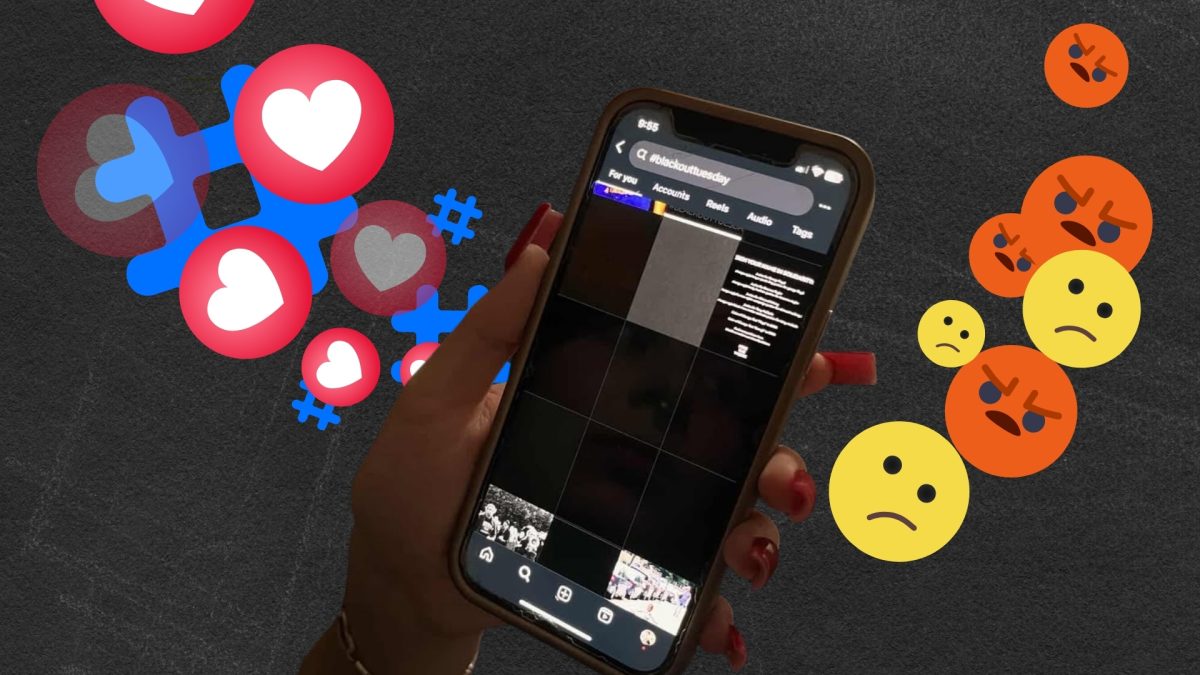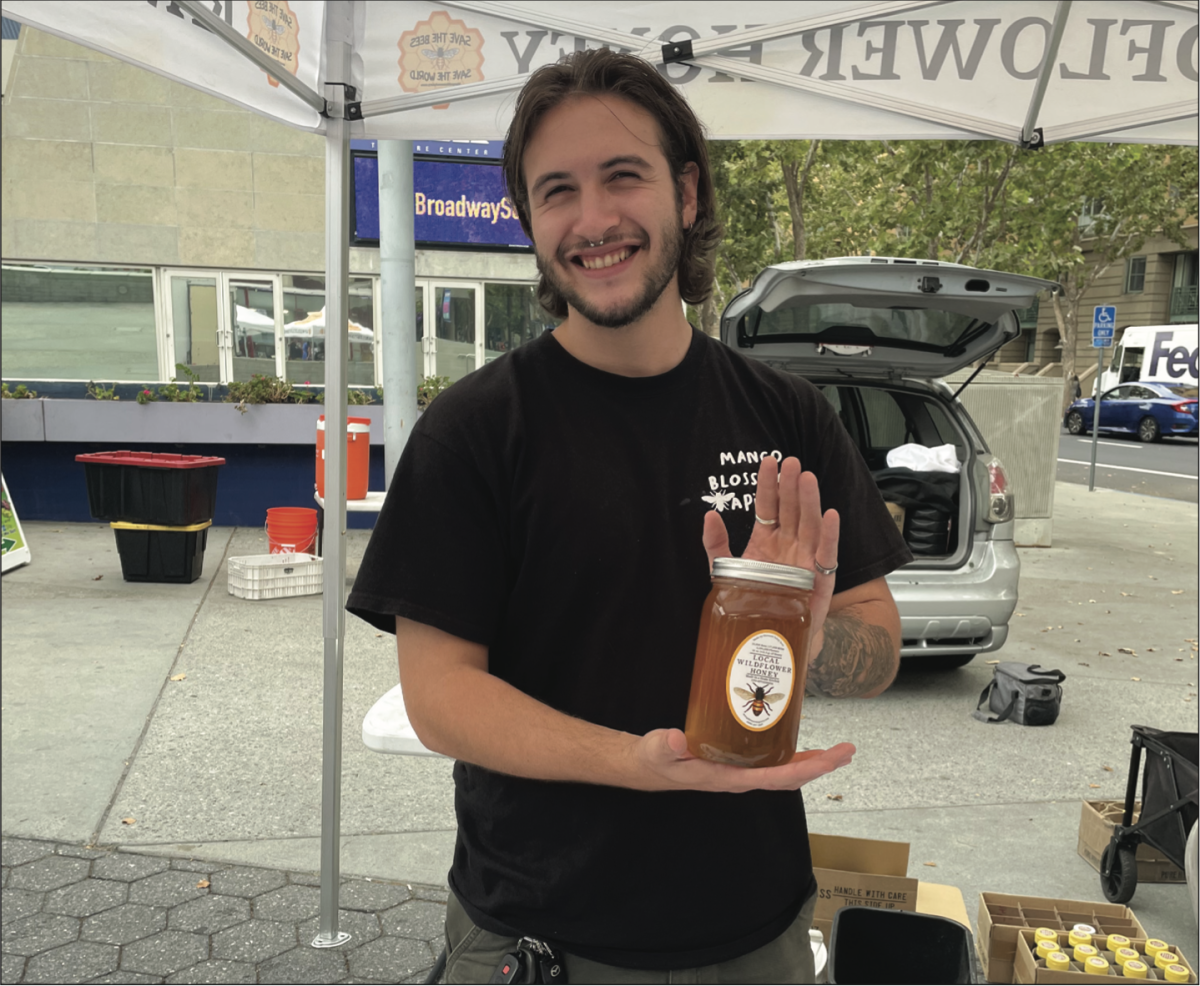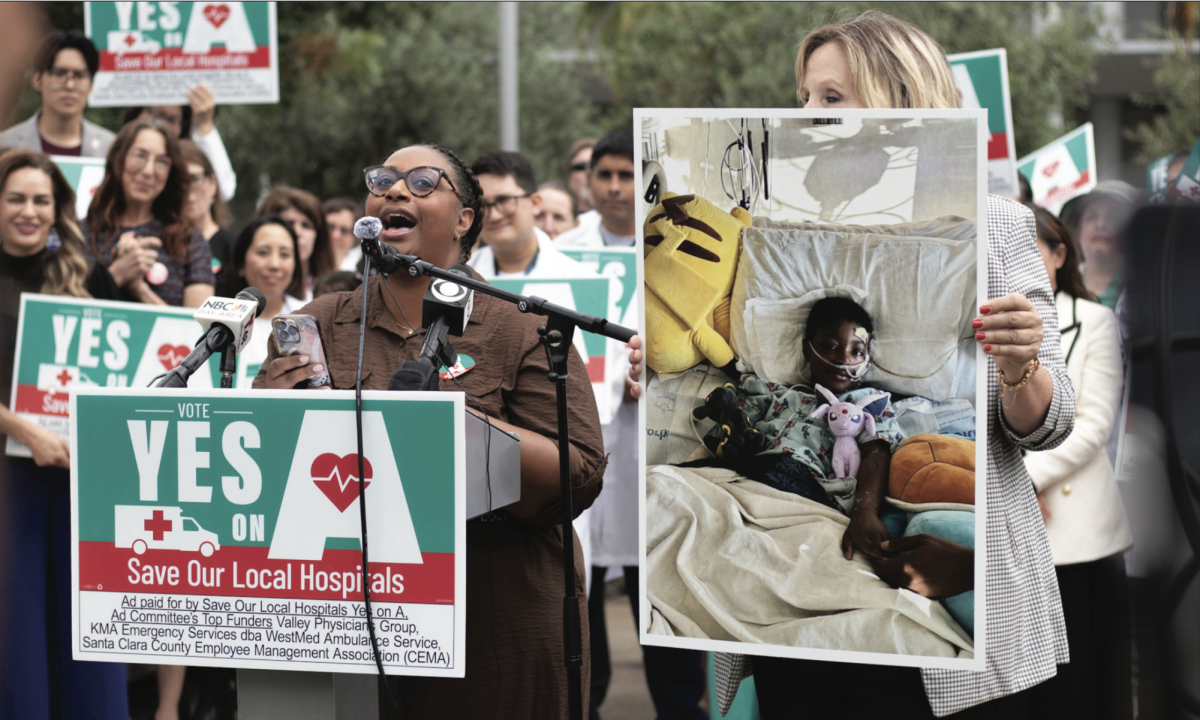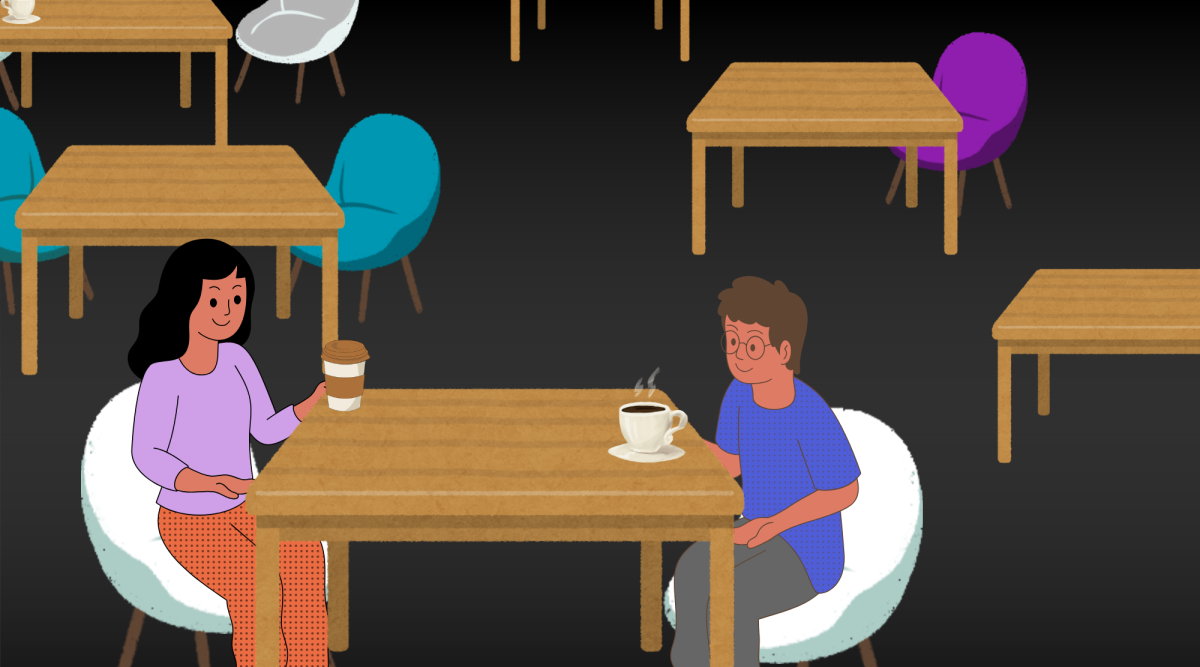Caffeine is an interesting subject when discussing health and wellness because it’s something many students use to get through the day and yet there seems to be this idea that it is bad for you.
Caffeine, however, is actually perfectly safe for most people in many cases, as reflected by the current research.
In a May 26, 2017 review article from the Frontiers in Psychiatry journal found that healthy adults aged 19 and older can consume up to 400 milligrams of caffeine per day before showing signs of caffeine toxicity.
I don’t regularly consume any caffeine, but on the occasions I do, I’m not having 400 milligrams in one day.
This is not to say that caffeine doesn’t have its issues, after all it is technically a psychoactive drug.
Mild symptoms of caffeine overdose include heart palpitations, headache and increased urination and in more serious cases, seizures, nausea and vomiting and death, according to the Cleveland Clinic.
This probably isn’t something people deal with regularly because the average American consumes about 135 milligrams of caffeine per day, well below the threshold, according to a July 25, 2025 American Medical Association article.
Using caffeine comes with some variability, however.
Before going to the gym I would occasionally drink a pre-workout powder containing about 200 milligrams of caffeine.
However, I started to have severe panic attacks a few hours later, so naturally I stopped using it.
This doesn’t mean that caffeine is bad, it just means I don’t respond to it in the way I was looking for: to boost my performance in the gym.
Apart from performance, caffeine use has been shown to have a myriad of benefits, including cognitive awareness.
Benefits also include wakefulness and a boost to mood in sleep-deprived individuals, according to an April 2023 British Journal of Oral and Maxillofacial review article.
But this is just the case for caffeine, not necessarily coffee.
Coffee has different ingredients compared to other caffeinated beverages because it’s brewed with coffee beans instead of other syrups and added sweeteners that you might find in soda or energy drinks.
A few benefits of drinking coffee include prolonged life, better glucose digestion, and lowered risk of stroke, Parkinson’s disease, colon cancer, Alzheimer’s disease and heart failure, according to Johns Hopkins Medicine.
I don’t actually like coffee, but if you’ve ever felt bad about chronic coffee consumption, rest easy knowing that the occasional coffee probably won’t be the reason you die later in life.
What’s more likely than the actual caffeine or coffee being the thing that’s hurting your health is what is added to your coffee.
I’m not an advocate for drinking black coffee but it is important to be cognizant about what you’re putting in your coffee because this can have real effects on your health.
For example, some of the ingredients you might include in your coffee include sugar, whipped cream, heavy whipping cream, half-and-half or syrups.
A teaspoon of sugar has 16 calories, two tablespoons of whipped cream has 73 calories, and two heavy whipping cream has 101 calories, all of which can very quickly add a lot of calories to your plain coffee which was originally 5 calories, according to the Mayo Clinic.
To add on, a regular cup of coffee has about 96 milligrams of caffeine, a cup of black coffee has 48 milligrams of caffeine, and an espresso shot has 63 milligrams of caffeine, also according to another Mayo Clinic article.
That’s just about 4 cups of regular coffee to meet the 400 milligram threshold, but it’s very easy to go over the limit with just two or three cups with an extra shot or two of espresso.
Instead of worrying about how much caffeine you drank today, take a holistic approach of keeping track of your progress over the long term.
If you’re trying to drink less caffeine, it may be a good idea to find your average intake to see it’s over the recommended caffeine limit.
As it turns out, it’s not usually one thing in particular that’s killing your health, it’s the entire lifestyle, including nutrition, exercise and sleep.
So if you aren’t getting enough sleep, try out some caffeine, in all likelihood it probably won’t kill you.






































